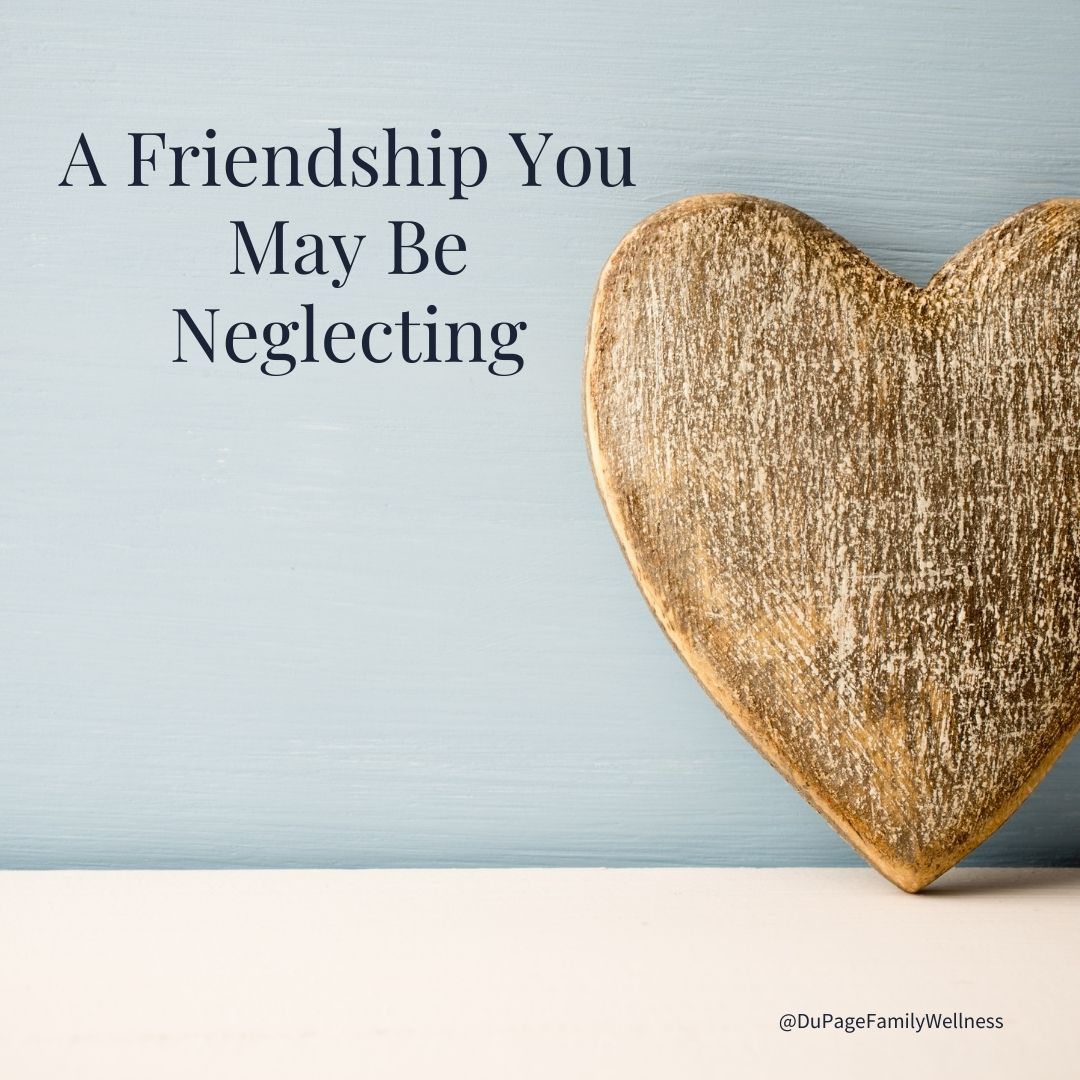 Many of us put a lot of effort in being kind to those around us. We aim to be gentle to our family, respectful to our coworkers, thoughtful of our neighbors - we are even nice to strangers we see on the street. But often times we are not so thoughtful with how we treat ourselves.
Many of us put a lot of effort in being kind to those around us. We aim to be gentle to our family, respectful to our coworkers, thoughtful of our neighbors - we are even nice to strangers we see on the street. But often times we are not so thoughtful with how we treat ourselves.
Take a minute now to think about the way you act toward yourself - specifically with how you speak to yourself! How do you talk with yourself when you are alone with your thoughts? Do you give yourself grace when things don’t go as planned? Or do you beat yourself up when you make a mistake?
Your words to yourself may be influenced by many things, but if you are intentional you can begin to change your negative self talk and become as good a friend to yourself as you are to others!
Where Negative Self-Talk Comes From
Our negative self talk can stem from many things. We unconsciously take on other people’s voices - a bully on the playground, a harsh coach, or a critical parent. This inner negative voice is often referred to as our inner critic.
Many people see the destruction this voice causes in their lives and try to silence the voice of the inner critic. While this seems like a reasonable way of dealing with this voice, it misses one key point and can create more of a battle within.
You see, your inner critic is there for a reason and intends to help you. It is important to get to know this part of you, listening to what it has to say and understanding how it is trying to protect you. Once you work with this part, you can recruit it to serve you in a more appropriate way.
Working with Your Critic
When you start to get to know someone, it is most helpful to simply listen to what they have to say. You may find that conversation flows smoothly, or they may need some time to trust you. This is true of your inner critic as well.
As you begin to notice this critical part, take time to get to know that part. Ask it questions, and try to understand it’s perspective without changing it. Once you understand what that part wants for you, then you can gently challenge it to be more kind.
For example, if you have an inner critic that berates you each time you eat something unhealthy, ask that part how it is trying to help you. Is it concerned about your health and nutrition? Is it concerned about what other people will think of you? Try to listen to that part’s concerns and thank it for trying to help you.
As you continue to work with this part, you can gently show the part a better way of communicating with you, basically inviting this inner critic to work with you in a more positive light.
Giving Yourself Encouraging Messages
Now that you have tools to deal with the inner critic, let’s look at how to increase your positive self talk. Begin by thinking about the kind ways you interact with others and consciously choose to be kinder to yourself as well.
The word consciously means "in a deliberate and intentional way." So think through one area where you could start to be kinder to yourself and come up with a mantra.
Perhaps you would like to be more gentle with yourself when you make a mistake. Your mantra might be, “it’s okay, everyone messes up, it’s part of growing.”
When you have a mantra to replace the negative thoughts, eventually the mantra will become your natural response - especially once you befriend your inner critic so it is working with you.
Release “Could Have”
Next, remember to give yourself a break! You are doing the best that you can with what you have right now. It does no good to beat yourself up over the “could have, should have, would haves.”
The next time you start beating yourself up with the "should haves," ask yourself how you would respond to a friend in a similar situation. Chances are that you would be much more gentle with them than you are with yourself.
Give yourself the kind of care that you would give a friend. You may need to remind yourself that we learn from our mistakes, so failing is an important skill. When we understand the importance of failing, it not only frees us up to risk, try, fail, and learn more - it helps us be kinder to ourselves!
Once you begin thinking about the way you treat yourself, you can develop the habit of being kind to yourself and become your own best friend. What can you do today to intentionally cultivate a deep friendship with yourself?
Dr. Jamie
